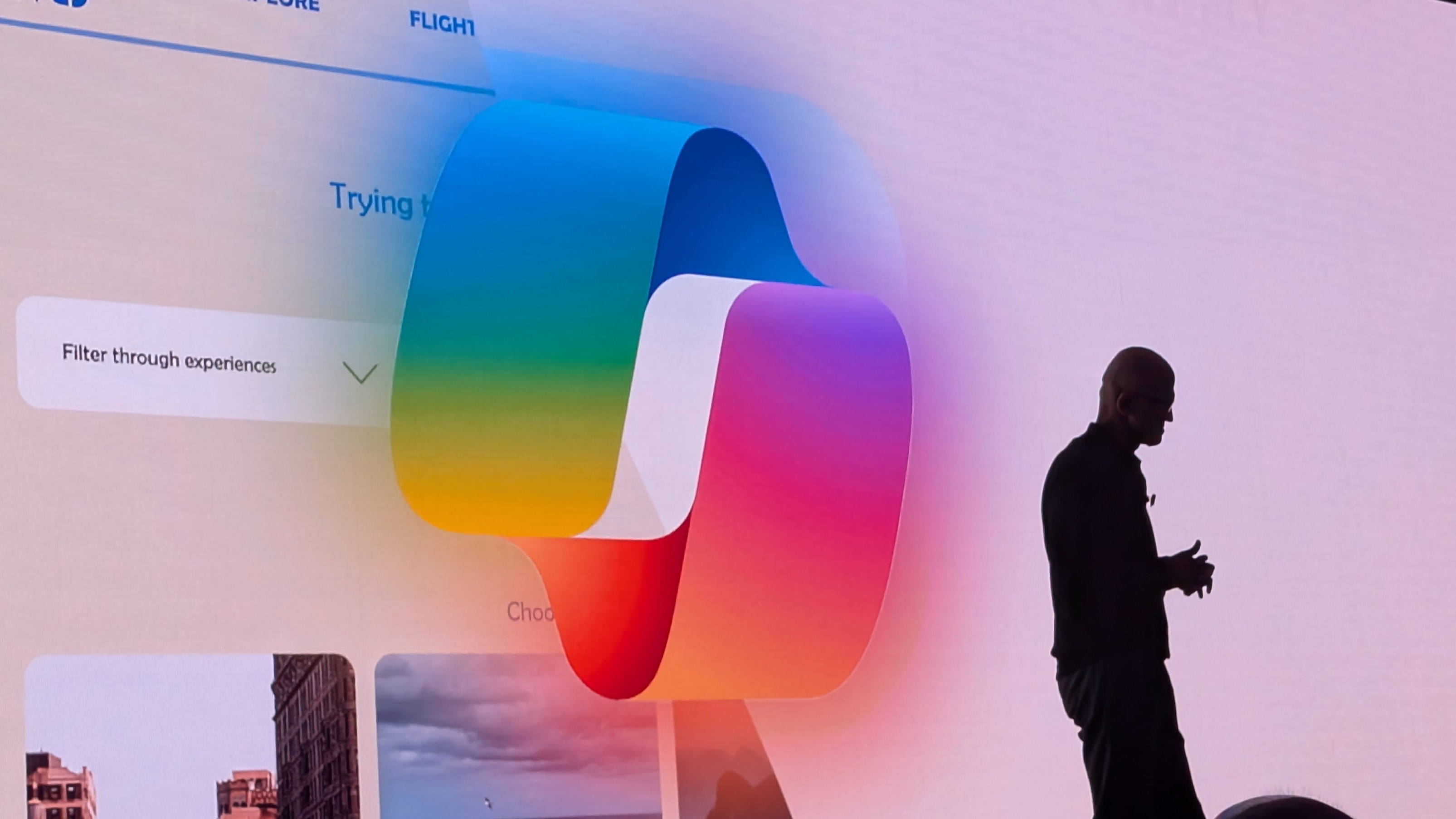
Microsoft is set to double down on its generative artificial intelligence efforts in 2025 following the company's Vice Chair and President, Brad Smith's, recent announcement of the tech giant's plans to invest up to $80 billion in building data centers. As you may know, data centers provide the infrastructure required by next-gen AI systems to learn, make decisions, and scale greater heights.
According to Microsoft's President Brad Smith:
"In FY 2025, Microsoft is on track to invest approximately $80 billion to build out AI-enabled datacenters to train AI models and deploy AI and cloud-based applications around the world. More than half of this total investment will be in the United States, reflecting our commitment to this country and our confidence in the American economy."
For context, Microsoft reported $65.6 billion in revenue and $24.7 billion in net income during October's 2024 earnings call. As such, investing $80 billion in data centers affirms the company's commitment to win the AI arms race against rivals like Google, Anthropic, and Meta. “At Microsoft, we’ve seen this firsthand through our partnership with OpenAI, from rising firms such as Anthropic and xAI, and our own AI-enabled software platforms and applications,” added Microsoft President Brad Smith.
Microsoft's recent announcement didn't disclose whether part of the resources will be used to address the power concerns potentially stunting the development of AI. Google and Microsoft consume more power than 100 countries. Billionaire and Tesla CEO Elon Musk indicated the world might be on the brink of the most significant technological breakthrough with AI. Still, there won't be enough electricity to power its advances by 2025. Generative AI's electricity and cooling water demand are among the major challenges facing key places in the space.
In September 2024, Microsoft and BlackRock partnered to raise $30 billion to satisfy their AI needs, including new data centers and sufficient power supply. Microsoft CEO Satya Nadella said the initiative will expedite gathering resources to "build the infrastructure of the future and power it in a sustainable way."
Insiders lobby concerns about Microsoft's rapid AI efforts

Microsoft's partnership with OpenAI (arguably the best bromance in tech) has raised eyebrows among employees, with some indicating that the tech giant has seemingly become "a glorified IT department for the hot startup." Interestingly, despite Microsoft's multi-billion dollar investment in OpenAI's tech, a recent report revealed the company's struggles with Copilot and its next-gen AI tools. According to a Microsoft employee with knowledge about the matter:
"There's a gap between the ambitious vision and what users are actually experiencing. Internally, we're calling it growing pains. We are building the plane as we fly it."
Perhaps more concerning, the damning report detailed that Microsoft outsources help from third-party vendors to get Microsoft 365 Copilot to fire on all cylinders. According to Microsoft, 70% of Fortune 500 employees leverage its AI services. A high-ranking executive at the company claimed most Copilot AI tools are seemingly gimmicky.
Security and privacy concerns riddle users with the rapid prevalence of AI. A Microsoft employee indicated Microsoft 365 Copilot "works really darn well at sharing information that the customer doesn't want to share or didn't think it had made available to its employee, such as salary info." The employee claimed the issue wasn't an easy fix and could take years.
Microsoft is reportedly moving away from OpenAI's products, including its GPT-4 model. The report indicated the model was too expensive and wasn't fast enough to meet enterprise customer needs. The report details how Microsoft is aggressively looking at ways to reduce costs for enterprise features, such as Github Copilot, with the goal of "passing on savings to customers."







